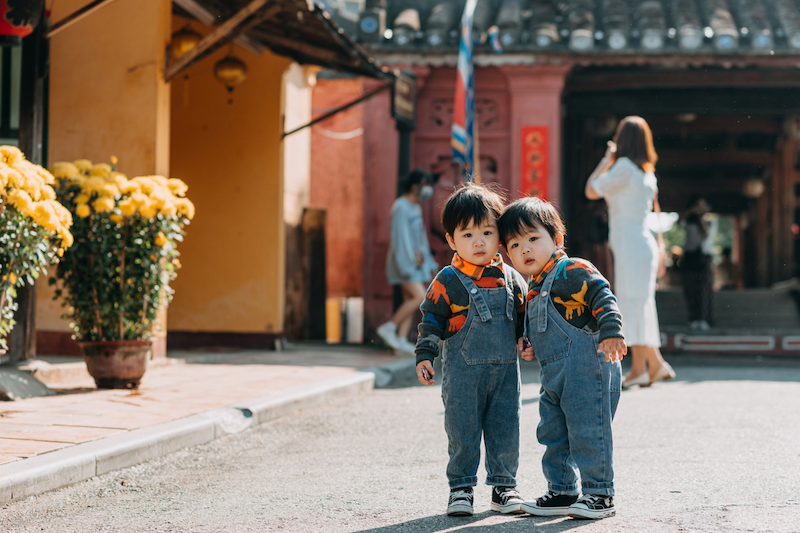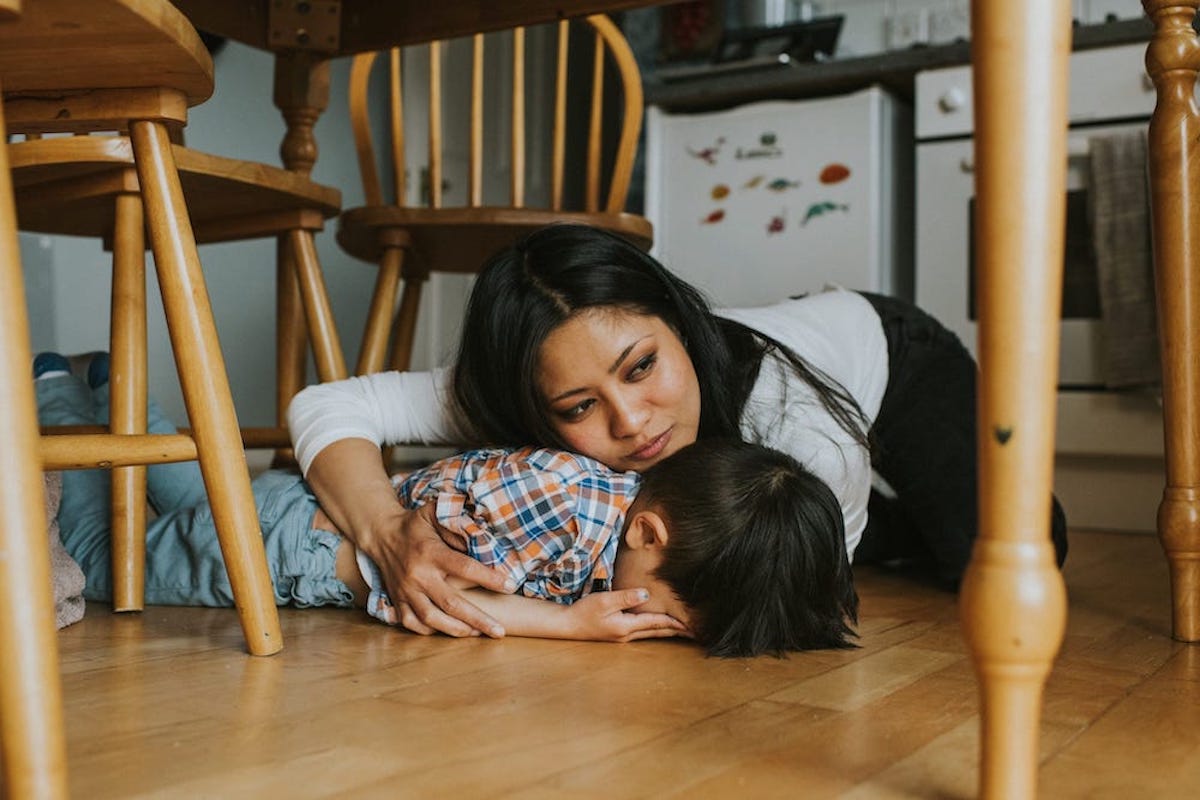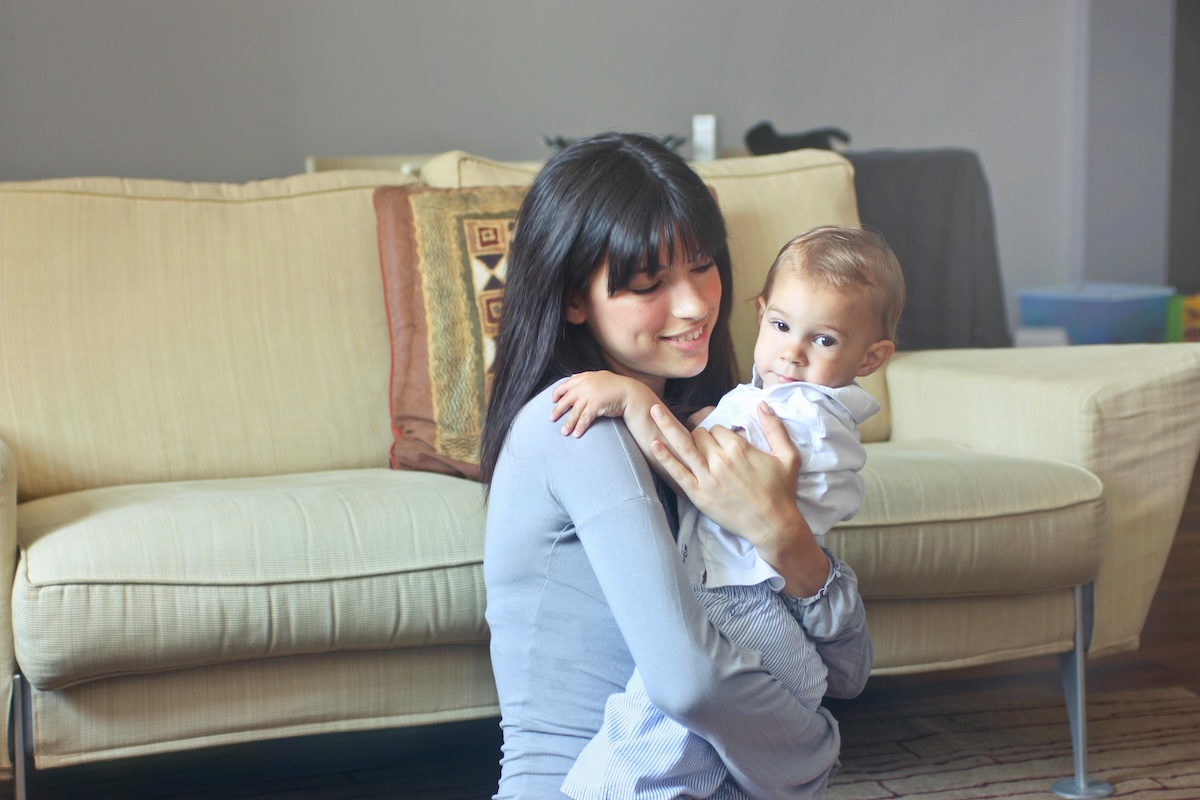My twins are angels for our nanny and just break down when it’s my time with them after I come home from work. Is it true children don’t act the same for their parents than with a caregiver?
—Twin Mama
Yes, it is definitely true. Children can be night and day with different parents, caregivers, school environments, and so on. One very common experience for parents, slightly different from yours here, is that a child is controlled and well-behaved at school and then lands at home and melts down. You’ve got a nanny version of that, basically.
There are a couple of things that may be going on, some of which you can alter and some of which you cannot.

One possibility is that your nanny is setting different boundaries and expectations than you are. This is often the explanation for different behaviors at school and home. School is routine; kids all do the same thing, and there is an organized set of rules about behavior. There is data showing that consistency is a cornerstone of behavior modification for kids. So, one possibility is that your nanny does this differently than you do.
A second possibility is just timing! The end of the workday is no one’s favorite time of day. Everyone is tired and hungry, and things need to get done before bed. You’re getting the crummy time of day, and it might be that no matter who was there, that’s just a more complicated few hours.
You didn’t ask this, but I will offer two paths forward. First, you could just accept that the twins are different with you than with the nanny, and that’s fine. And lucky for her that they are great! A second possibility is that you could try to unpack a bit if there is anything she’s doing differently that you might replicate.
Community Guidelines















Log in
You’re actually missing what I think is probably the most likely explanation for this well-known phenomenon! The name of this is “after school restraint collapse”, but it applies to daycare and other similar non-parental caregiver situations. Basically, kids are on their best behavior with the teachers/nanny, then when they get home and are with their most trusted caregivers where they feel totally safe, they let out the other emotions, frustrations, etc. that they held in all day while working to be on their best behavior at “school”. It’s actually a good sign that they trust you fully and feel safe being their full selves around you, even if it stinks as the parent to feel like we’re always having to deal with the hardest emotions and behaviors when they’re being angels around other people!
Yes, I was thinking this too! As both a parent and a teacher, I’ve noticed many kids definitely definitely “perform” in school environments, or with other caregivers, just like we somewhat perform at work or socially, but are more relaxed and ourselves at home alone or with our partner.